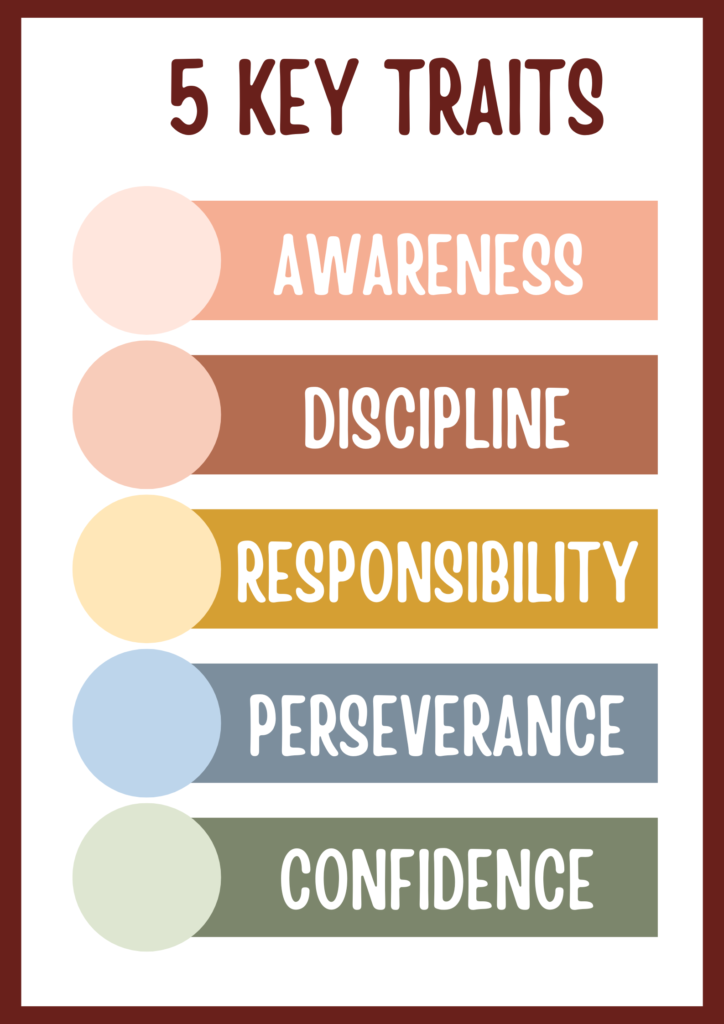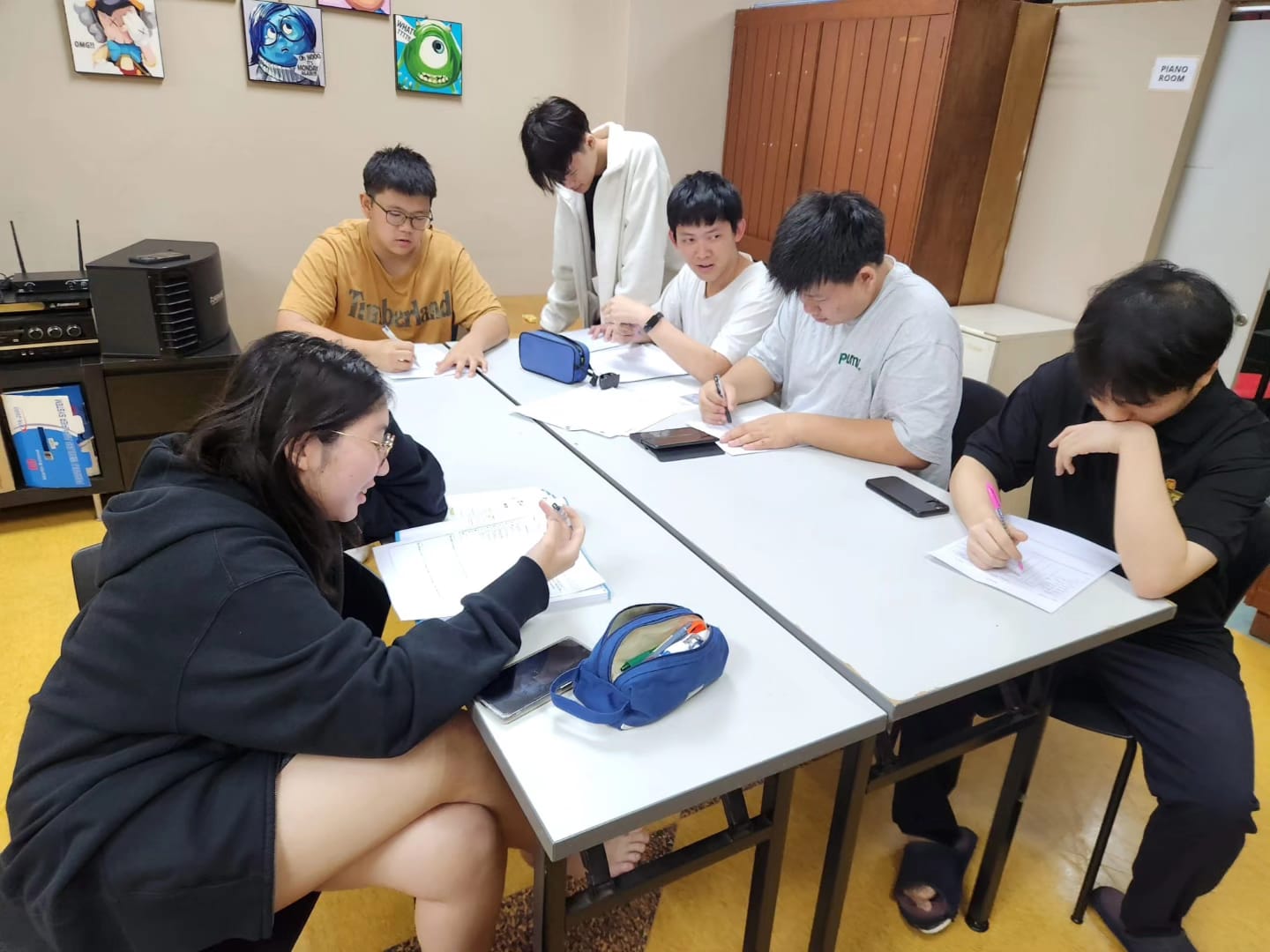The idea of self-awareness has been gaining popularity recently, appearing in many articles, videos, and social media content. This interest is well-justified, as self-awareness is crucial across all stages of life. It plays a significant role in adults’ work, family life, social interactions, and personal growth. Similarly, self-awareness is essential for teens as they mature and build their identity, as well as for school-age children who are learning values and habits that will shape their lives.
To begin with, why is self-awareness important? Imagine a baby crying, and you don’t know how to soothe them. You can’t calm the baby because you lack awareness of what they need—are they hungry or in pain? This scenario illustrates how awareness is vital for addressing a situation effectively. Similarly, if you don’t know which of your behaviours need improvement (having awareness), how can you improve?
Let’s apply this to students. If a teen is unaware that their poor eating habits are causing physical issues, how can they improve? How will they be motivated to change if they don’t recognize the problem? The same applies to students who are unaware of their unhealthy attachment to gadgets leading to poor school performance. Without awareness of the issue, they won’t take steps to address it.
In simple terms, self-awareness is the starting point for any positive behaviour change. This is why AWARENESS is the first of Milchel’s 5 Key Traits (Awareness, Discipline, Responsibility, Perseverance, Confidence).

Children and teens may not always have high self-awareness, so adults should step in and guide them when their lack of awareness affects them. By nurturing self-awareness in the younger generations, we pave the way for them to develop healthier habits and a better understanding of themselves and their surroundings. In turn, this creates a more mindful and compassionate society for all. As adults, maintaining high self-awareness not only helps us lead by example, but it also allows us to navigate our own lives with greater clarity and purpose.



















